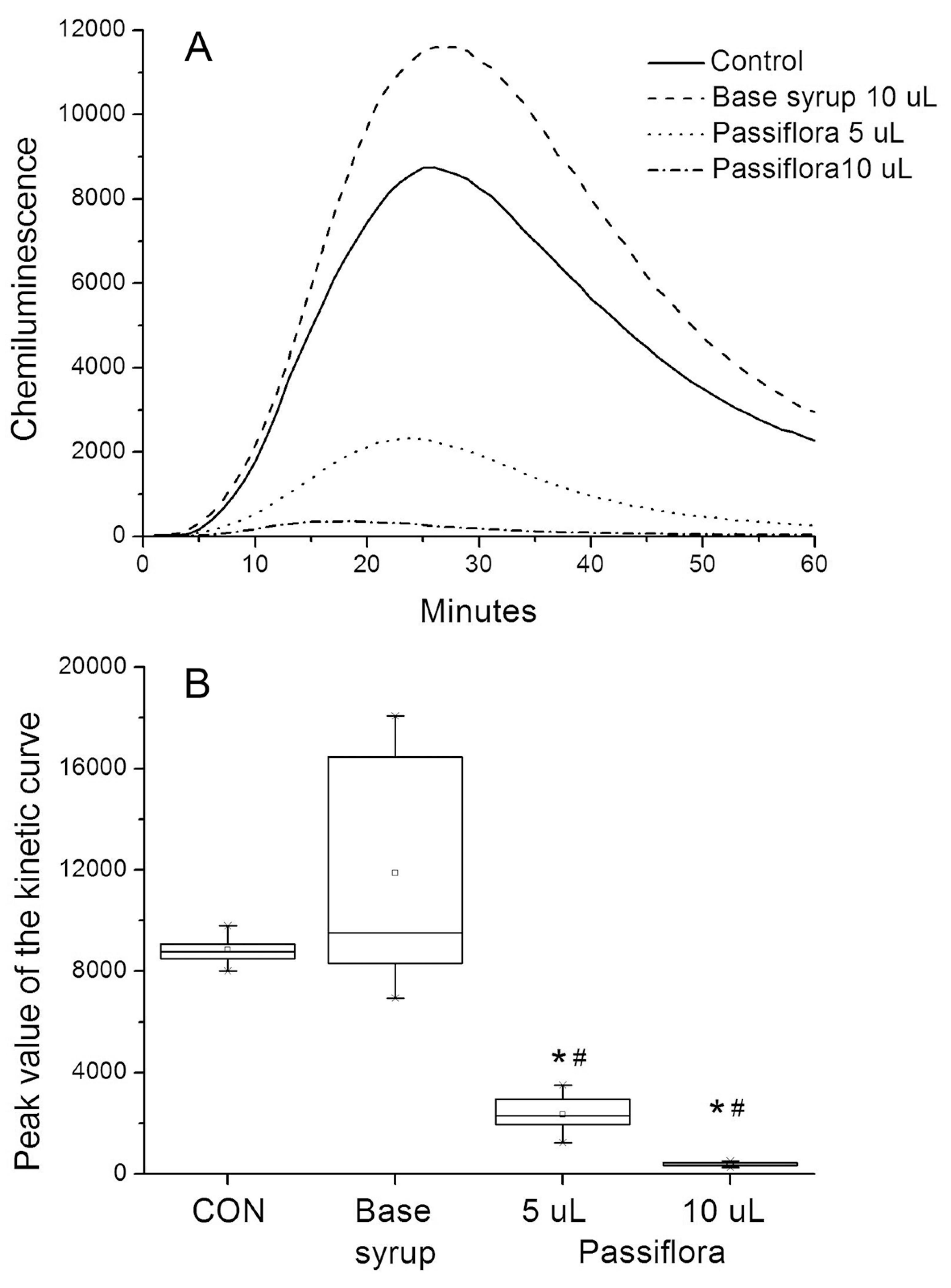Passiflora incarnata is marketed in many countries as a phytomedicine. Even though the directions of most marketed phytomedicines recommend them to be used under medical supervision, reproductive and developmental studies are sparse and not mandatory for regulatory purposes. In this study, a reproductive toxicity evaluation of P. incarnata was conducted in Wistar rats gavaged (30 or 300 mg/kg) during pregnancy and lactation. Moreover, considering that antioxidant properties have been attributed to flavonoids present in the genus Passiflora, it was also evaluated the antioxidant/pro-oxidant balance in the plasma of these dams and the antioxidant potential in an in vitro test. P. incarnata treatment did not influence dams´ body weight as well as reproductive (gestation length, post-implantation loss, litter size, litter weight) and hepatic (albumin, AST, ALT, GGT) parameters. The antioxidant property of P. incarnata was evidenced both in vivo (increase in the total antioxidant plasmatic potential) and in vitro (decrease in neutrophil-induced respiratory burst). The results from the present study indicate that under the experimental conditions evaluated, P. incarnata treatment during gestation and lactation presented antioxidant activity in the absence of maternal reproductive toxicity.
Phytomedicines/evaluation; Passiflora incarnata/use in pregnancy; Passiflora incarnata/use in lactation; Passiflora incarnata/reproductive toxicity/experimental study; Pregnancy/use of phytomedicines; Lactation/use of phytomedicines; Oxidative stress

